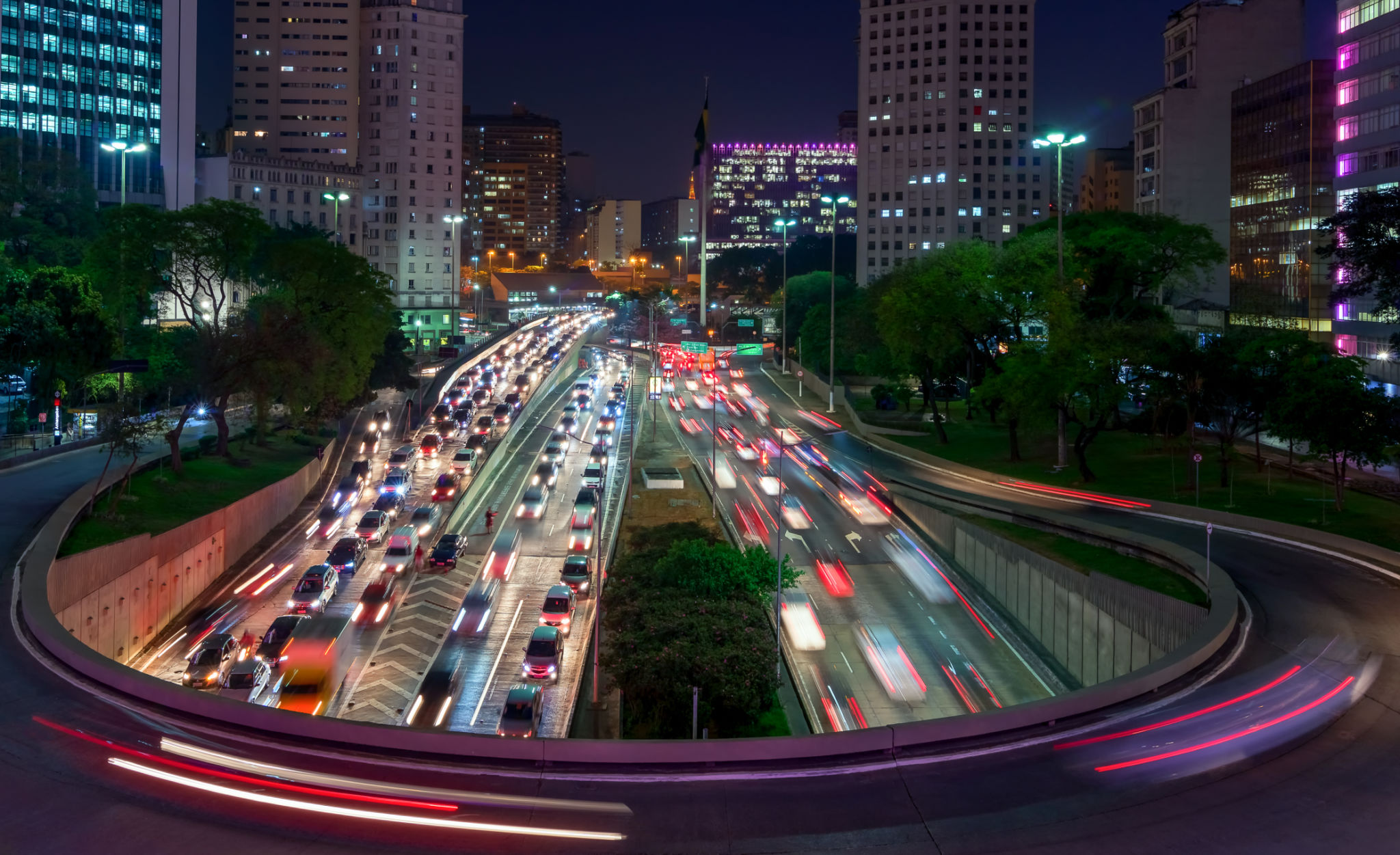Transforming Traffic Control with AI: Innovative Solutions for Cities
Introduction to AI in Traffic Control
As cities continue to grow, managing traffic efficiently becomes increasingly crucial. Traditional traffic management systems often struggle to handle the complexity and volume of modern urban traffic. Enter Artificial Intelligence (AI), a powerful tool poised to revolutionize how cities control and optimize traffic flow.

AI-Driven Traffic Management Systems
AI-driven systems use real-time data to analyze traffic patterns and predict congestion. By leveraging machine learning algorithms, these systems can dynamically adjust traffic signals, reducing wait times and improving overall flow. This adaptability makes AI an invaluable asset in managing urban traffic.
For example, AI systems can detect unusual congestion patterns and automatically adjust signal timings to alleviate bottlenecks. This proactive approach helps cities respond to traffic issues before they escalate.
Benefits of AI in Traffic Control
Integrating AI into traffic management offers numerous benefits:
- Efficiency: AI systems optimize signal timings, reducing travel time and fuel consumption.
- Safety: Improved traffic flow decreases the likelihood of accidents and enhances pedestrian safety.
- Environmental Impact: By reducing idle time, AI minimizes vehicular emissions, contributing to cleaner air.

Case Studies: Successful Implementations
Several cities worldwide have successfully implemented AI in their traffic management systems. One notable example is the city of Los Angeles, which uses AI to monitor and control its extensive network of traffic signals. This system has significantly reduced congestion and improved travel times across the city.
Similarly, in Asia, cities like Singapore have adopted AI technologies to manage their complex traffic systems, resulting in smoother and more efficient transportation networks.
Challenges and Considerations
While the benefits of AI in traffic control are clear, there are challenges to consider. Implementing AI systems requires substantial investment in technology and infrastructure. Additionally, cities must ensure data privacy and security as these systems rely on vast amounts of data.

Moreover, there is a need for skilled personnel to manage and maintain these advanced systems, highlighting the importance of training and development in this field.
The Future of AI in Traffic Management
The potential of AI in transforming traffic control is immense. As technology advances, we can expect even more sophisticated systems capable of handling the complexities of urban transportation. Autonomous vehicles, for instance, will further integrate with AI-driven traffic systems, creating a seamless and efficient transportation network.
Ultimately, the adoption of AI in traffic management holds the promise of smarter, safer, and more sustainable cities.
